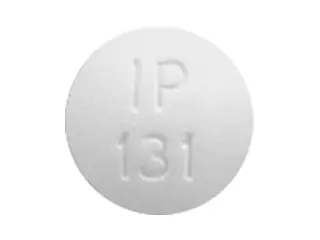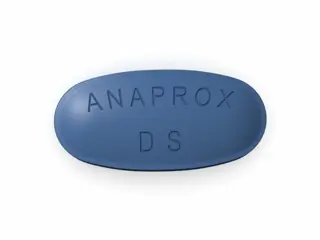Arthritis
Find effective arthritis medications and relief products to manage pain, reduce inflammation, and improve joint mobility. Shop trusted treatments designed to support your active lifestyle and enhance comfort every day.
Arthritis is a common condition that causes joint pain and inflammation. Managing arthritis often requires medication to reduce pain and prevent damage. There are several popular drugs used for this purpose. Each has specific uses and benefits.
Allopurinol and Zyloprim are often prescribed for gout arthritis. Both work by lowering uric acid levels in the blood. This helps prevent gout attacks. Allopurinol is known for its effectiveness in reducing uric acid long-term. Patients usually take it daily. Side effects are rare but can include rash or digestive upset.
Anaprox is a non-steroidal anti-inflammatory drug (NSAID). It helps reduce pain and inflammation. It is often used for osteoarthritis and rheumatoid arthritis. Anaprox acts fairly quickly. Many users report relief within a few hours. Common side effects include stomach discomfort or dizziness. It is important to follow dosage instructions to avoid stomach problems.
Arcoxia is another NSAID used to treat arthritis pain. It selectively targets COX-2 enzymes. This may reduce the risk of stomach side effects compared to older NSAIDs. Arcoxia is effective in relieving moderate to severe pain. Many patients prefer it for its longer duration of action. However, it may still cause side effects such as headache or nausea.
Colchicine is specifically used for gout flares. It reduces inflammation rapidly during attacks. Colchicine works best when taken early in a flare. It can cause side effects like diarrhea or stomach pain, which limit long-term use. For ongoing gout management, other drugs like allopurinol are preferred.
Feldene is an older NSAID that treats rheumatoid and osteoarthritis. It helps reduce stiffness and joint pain. Feldene works well but may cause stomach upset in some users. It is generally less popular now due to newer NSAIDs with fewer side effects.
Indocin is a powerful NSAID often used for severe arthritis pain. It controls swelling and inflammation extensively. Indocin can be very effective but is also linked with a higher risk of gastrointestinal issues. Patients must use it under close medical supervision. It is not recommended for long-term use without careful monitoring.
Mobic (meloxicam) is a commonly prescribed NSAID. It provides relief from arthritis pain with once-daily dosing. Mobic is known for its relatively mild side effect profile. Many patients tolerate it well. It offers a good balance between pain relief and safety, making it a frequent choice for chronic arthritis management.
Motrin (ibuprofen) is widely used for mild to moderate arthritis pain. It is available over-the-counter and by prescription. Motrin relieves pain and reduces inflammation effectively. It requires multiple doses per day for continuous relief. Users should avoid excessive use to prevent stomach and kidney issues.
Naprosyn (naproxen) is another popular NSAID for arthritis. It works similarly to Motrin but has a longer duration of action. Naprosyn allows fewer daily doses which some patients prefer. It is effective for both rheumatoid and osteoarthritis. Side effects are similar to other NSAIDs and include stomach upset and dizziness.
Neoral is an immunosuppressant drug sometimes used in severe rheumatoid arthritis cases. It reduces immune system activity to prevent joint damage. Neoral requires close monitoring because it affects the whole immune system. Side effects can be significant, including increased infection risk and kidney problems. It is usually reserved for cases that do not respond to other treatments.
When choosing arthritis medication, doctors consider the type and severity of arthritis. They also assess patient history and possible side effects. NSAIDs are common first-line drugs. They provide fast and effective relief especially in osteoarthritis. For gout, medications like allopurinol and colchicine are essential. In severe inflammatory arthritis, drugs like Neoral may be needed.
Most arthritis medications require careful dosing. Patients should follow their healthcare provider’s instructions closely. Taking too much NSAID can cause stomach bleeding or heart issues. Some drugs need to be taken with food to reduce upset stomach. Regular check-ups help monitor for possible side effects.
In summary, there are many medication options for arthritis. Allopurinol and Zyloprim are key for gout control. Anaprox, Arcoxia, Feldene, Indocin, Mobic, Motrin, and Naprosyn are NSAIDs that relieve pain and inflammation. Colchicine quickly treats gout attacks. Neoral is used for severe cases needing immune system suppression. Understanding how each drug works and their risks helps manage arthritis effectively.











